As digitalization accelerates in financial services, the concept of open banking has become a central component of the banking sector’s digital transformation. While the movement began in Europe, it has quickly captured the attention of developing countries such as Turkey.
Open banking API solutions enable fintech companies to integrate more effectively with banking systems, while offering consumers a personalized, secure, and user-controlled experience.
What Is Open Banking?
Open banking refers to a system where banking data is shared securely with third-party service providers with the explicit consent of the customer. This allows consumers to access financial services—such as payment processing and spending analysis—outside of traditional banking channels. Its primary goal is to make financial services more transparent, accessible, and customer-centric.
Open banking APIs serve as secure digital bridges between banks and third-party financial service providers. With this technology, fintech companies can offer innovative services such as credit scoring, budgeting, and investment advice by accessing bank data with customer authorization.
PSD2 and the Rise of Open Banking
The most pivotal development in the rise of open banking across Europe was the implementation of PSD2 (Payment Services Directive 2). This EU regulation mandates that banks share customer data—with consent—with third-party providers.
PSD2’s influence on open banking includes:
- Opportunities for Fintechs: It enables new market players to offer financial services independent of traditional banks.
- Customer-Centric Services: Users gain control over their data, allowing for highly personalized financial experiences.
- Next-Generation Payment Systems: Fintechs can now access bank accounts directly, delivering faster, safer, and lower-cost payment solutions.
Security and the Role of PSD2
PSD2 also places strong emphasis on digital payment security. Mechanisms such as Strong Customer Authentication (SCA) ensure identity verification at every transaction, and data flows are encrypted for maximum safety.
These security measures establish open banking APIs as trustworthy infrastructures for both banks and fintech providers. Customers benefit from improved services without compromising data security.
Open Banking in Turkey: Regulations and Development
Though not as advanced as in Europe, open banking in Turkey is evolving rapidly. Regulatory bodies such as the Banking Regulation and Supervision Agency (BDDK) and the Central Bank of the Republic of Turkey (CBRT) are implementing supportive frameworks.
The rollout of open banking in Turkey has spurred collaboration between traditional banks and fintechs, with many banks now exposing APIs to third parties. Interbank Card Center (BKM) initiatives have further accelerated the local adoption of global standards.
Firisbe’s Open Banking Approach
Firisbe is one of Turkey’s leading platforms supporting the growth of open banking technologies. Its open banking API infrastructure enables financial institutions and fintechs to integrate securely, quickly, and in full compliance with regulations.
Firisbe provides end-to-end support for both:
- ASPSPs (Account Servicing Payment Service Providers): For secure data sharing from banks,
- TPPs (Third-Party Providers): For fintechs accessing data to build customer-oriented solutions.
Firisbe’s APIs are fully compatible with BKM Gate specifications, having passed certification processes successfully. This demonstrates its credibility in both domestic and international markets.
Opportunities and the Future of Open Banking
Digital transformation in banking is not just about technology—it also involves a reshaping of business models. Open banking is at the heart of this change. PSD2 has encouraged collaboration between banks and fintechs, resulting in:
- Increased service diversity and quality,
- Healthier market competition,
- Greater customer empowerment.
Opportunities in Turkey:
- Investment Potential: Turkey’s fintech sector is attracting increasing interest, with open banking being a key growth driver.
- Fintech Accessibility: Even small startups can now offer comprehensive financial services via open banking APIs.
- Customer Experience Revolution: Users now enjoy faster, more transparent, and highly tailored financial products.
Open banking is not just a technological initiative—it’s a paradigm shift in user rights, service quality, and market dynamics. Regulations like PSD2 continue to shape this new ecosystem, accelerating banking’s digital evolution and forging fintech partnerships that will define the future of finance.
Firisbe: Enabling Secure Digital Finance in Turkey
Firisbe stands at the core of Turkey’s open banking evolution, offering secure, compliant, and fast API-based solutions. By supporting both technical and strategic goals, Firisbe provides financial institutions with a competitive edge.
Thanks to its compatibility with BKM Gate and successful certifications, Firisbe’s systems instill confidence across the industry.
Looking Ahead: Open Banking and the Future of Finance
Open banking is more than just a technological shift—it’s a complete restructuring of the financial system. Increased user control, healthier competition, and elevated service standards are among the most significant outcomes.
Accelerated by PSD2 in Europe and supported by Turkey’s evolving infrastructure and regulations, open banking is transforming banks into platforms that offer user-centric digital services.
For fintech companies, this transformation means easier market entry and greater ability to develop tailored solutions. The collaboration between banks and fintechs is revolutionizing both the market and the user experience.
Firisbe plays a central role in this transformation by offering secure, compliant open banking APIs that are aligned with BKM Gate and internationally accepted standards. Its robust infrastructure supports the financial services of tomorrow.
The future points toward further digitalization, enhanced user control, and competition based on value-driven services—not just price. Open banking will be the key to this future, and with platforms like Firisbe, Turkey is well-positioned to become a regional fintech leader.


Leave A Comment